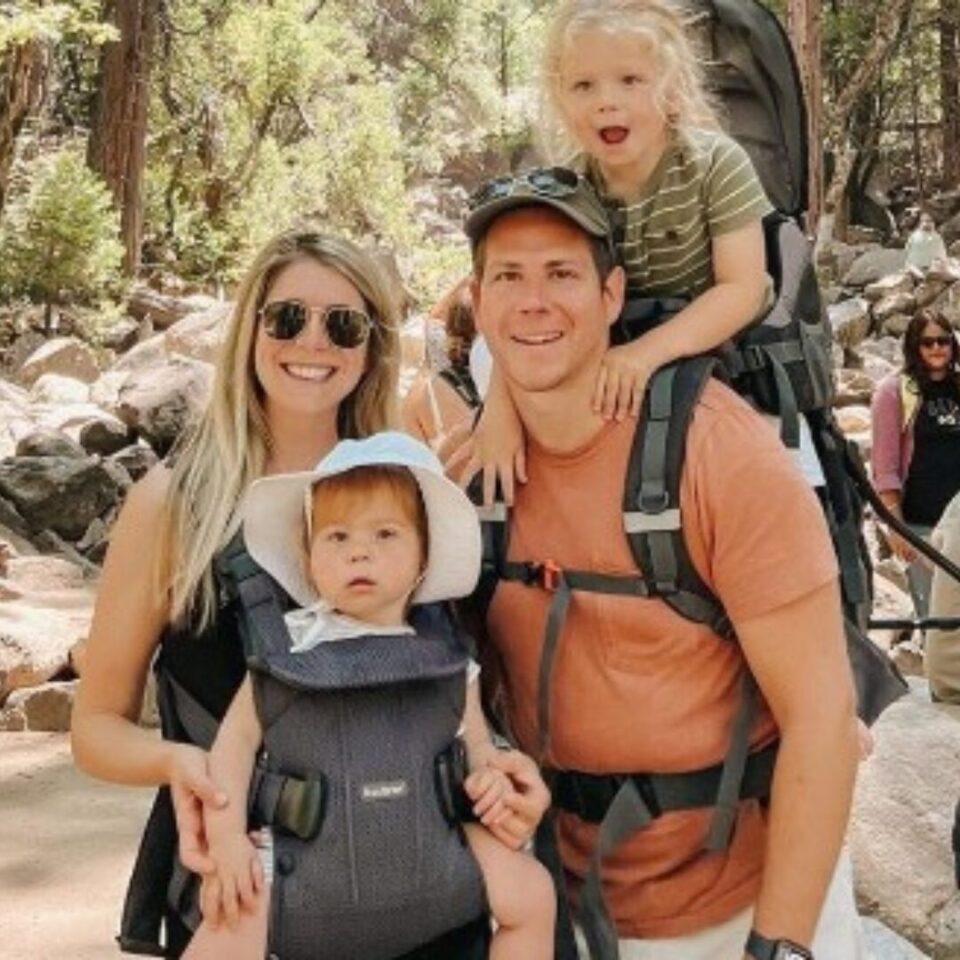Family Travel Safety: Essential Medical Assistance Services for Parents and Children Abroad
Discover vital services ensuring your family’s health and safety overseas. A must-read for traveling parents!

Family Travel opens doors to unforgettable adventures.
But along with those Instagram-worthy sunsets and cultural explorations, comes the need for serious preparation—especially around healthcare and safety. This guide offers an in-depth look at Family Travel Safety: Essential Medical Assistance Services for Parents and Children Abroad, ensuring your family can navigate health issues confidently, no matter the continent.
Understanding the Importance of Medical Preparedness While Traveling
Why Families Face Unique Medical Risks Abroad
When traveling with children, unexpected illnesses and accidents can escalate fast—especially in unfamiliar environments. Young immune systems are often more vulnerable, and even a small injury can feel overwhelming without the right support.
Top Health Threats for Children While Traveling
- Dehydration & Heat Stroke: Especially in tropical countries.
- Food Poisoning: Different hygiene standards or allergens.
- Insect Bites & Malaria Risks: In regions like Africa or South America.
- Motion Sickness & Altitude Sickness: Common during flights and mountain travel.
Pre-Travel Health Planning for Families
Pediatric Travel Consultations
Before heading abroad, schedule a pediatric travel consultation. These visits prepare you with child-specific advice on what to pack, what vaccinations are needed, and how to handle existing health conditions while overseas.
Vaccination and Immunization Scheduling
Make sure your children are fully immunized for:
- Routine vaccines (measles, polio)
- Region-specific shots like yellow fever, typhoid, or Japanese encephalitis
Medication Management and Prescriptions Abroad
Get a detailed list of medications—prescribed and over-the-counter—with generic names and translations if possible. Pack twice the quantity needed in case of delays.
Travel Insurance and Medical Coverage
What to Look for in Family-Oriented Travel Insurance
An ideal travel coverage plan covers:
- Emergency pediatric care
- Hospitalization abroad
- Medical evacuation
- Telemedicine
Access to Emergency Pediatric Services Overseas
Pediatric Emergency Hotlines by Region
Having country-specific hotlines can save lives. Example:
- EU: 112
- US: 911
- India: 112 (nationwide emergency)
Hospitals and Clinics That Specialize in Pediatric Care Abroad
Top International Children’s Hospitals
- Great Ormond Street Hospital (UK)
- Children’s Hospital of Philadelphia (USA)
- National Center for Child Health and Development (Japan)
How to Find Verified Clinics on Arrival
Use embassies, hotel staff, or verified apps like GeoBlue or TravelSmart by Allianz.
Telehealth and Virtual Medical Consultations Abroad
24/7 Pediatric Teleconsultation Services
Apps like PlushCare, K Health, and Amwell offer pediatric consultations via video, no matter where you are.
Multi-Language Telemedicine Platforms for Families
Platforms such as Air Doctor and Doctor Anywhere support multiple languages, making them ideal for international families.
Essential On-the-Go Medical Apps for Traveling Parents
Top Apps for Tracking Symptoms & Medications
- MyMedSchedule
- CareZone
- Medisafe
Emergency Translation Apps for Medical Terms
- Google Translate
- MediBabble
- iTranslate
First-Aid Essentials Every Traveling Family Should Carry
Medical Kits Customized for Children
Every family trip should include a well-stocked first-aid kit, tailored specifically for kids. Key items include:
- Child-sized bandages and plasters
- Digital thermometer
- Oral rehydration salts
- Fever reducers (acetaminophen/ibuprofen)
- Antihistamines
- Child-safe insect repellent
- Prescription medications in labeled containers
Safety Guidelines for Using Over-the-Counter Medicines Abroad
Always verify dosages with a healthcare provider and beware of counterfeitdrugs, especially in unfamiliar pharmacies. Stick to well-known pharmacy chains and consult apps like Drugs.com for verified medication information.
Role of Embassies in Medical Emergencies for Families
How Consulates Support Medical Evacuations
Embassies and consulates can:
- Help locate English-speaking doctors
- Connect families with emergency translators
- Assist in arranging medical transport
- Offer temporary passports if documents are lost during a crisis
Common Travel Scenarios and Medical Response Strategies
Food Poisoning, Dehydration & Quick Response Tips
- Stay hydrated with oral rehydration salts (ORS)
- Avoid tap water—stick to sealed bottled water
- Introduce BRAT diet (Bananas, Rice, Applesauce, Toast) for upset stomachs
Allergic Reactions and How to Find Immediate Help
- Carry antihistamines or EpiPens for known allergies
- Alert airline staff to food allergies
- Use translation cards explaining your child’s allergy in the local language
Long-Term Family Travel and Chronic Health Conditions
Diabetic and Asthmatic Child Support Abroad
- Ensure insulin or asthma meds are stored at the correct temperature
- Carry a translated medical letter explaining the condition
- Identify hospitals with endocrinology or pulmonology departments nearby
Getting Long-Term Medical Supplies in Foreign Countries
Some medications may not be available or legal in other countries. Consult with your doctor about carrying a larger supply or shipping medications through licensed global pharmacies.
Tips for Teaching Children Basic Health & Safety While Traveling
Making Medical Safety a Fun Learning Experience
- Use games to teach hygiene (“germ detectives”)
- Encourage kids to create a health journal
- Teach body signals: “What does fever feel like?” “How does asthma feel?”
Teaching Kids Emergency Contacts and Local Help
- Laminate emergency contact cards in local language
- Practice role-playing scenarios like finding a police officer or going to a pharmacy
Conclusion
Ensuring Family Travel Safety: Essential Medical Assistance Services for Parents and Children Abroad isn’t just about carrying band-aids—it’s about creating a safety net for your most cherished companions. From vaccinations to virtual doctors, from consulate contacts to kids’ emergency training, these services provide the peace of mind every traveling parent deserves.
With the right preparation, your journey can be filled with memories—not medical mishaps.
Frequently Asked Questions (FAQs)
How do I find a good doctor for my child abroad?
Use embassy lists, insurance apps like GeoBlue, or global platforms like Air Doctor. Many hotels also have connections with trusted local pediatricians.
What should I pack in a child-friendly medical kit?
Include fever meds, bandages, antiseptic wipes, antihistamines, and a digital thermometer. Add any prescriptions and child-specific needs like EpiPens or asthma inhalers.
What if my child has a chronic condition like asthma or diabetes?
Carry a doctor’s letter, prescriptions, emergency meds, and a portable medical device if needed. Register with your embassy in case of prolonged emergencies.




